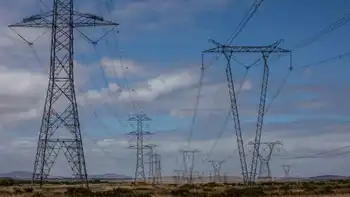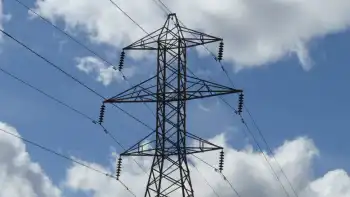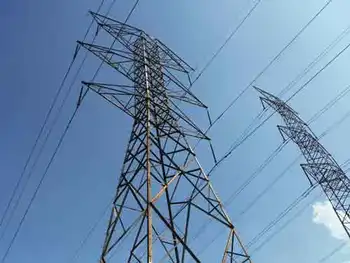EVs not boom yet for battery makers
We do not consider the private electric vehicle sector to be the most promising because there are a lot of uncertainties, Nicola Cosciani told Reuters in an interview.
Growth is difficult to forecast, considering the role of big carmakers and whether they want to push into this market. There is also the consumer point of view on the limitations of using an electric vehicle, he said. Incentives and new models are making electric vehicles an attractive option in the fight to cut harmful greenhouse gas emissions, but the expense of a new recharging infrastructure and concerns over their driving range have caused some to reflect on their staying power.
FZ Sonick, a joint venture between Italian car maker supplier FIAMM Group and electric vehicle supplier MESDEA, was formed in February to produce sodium nickel chloride or salt batteries known as ZEBRA.
Lithiumion batteries are currently the preferred choice for many electric vehicle manufacturers, but Cosciani said salt batteries are half the price — 600 euros per kilowatt hour of storage compared to 1,200 euros for lithiumion.
Salt batteries do not use a precious material, have a longer life and more stable chemistry, making their performance more consistent than lithiumion, Cosciani said.
Cosciani foresees potential in supplying batteries to electric vehicle fleets in the public transport or waste management sectors or to the telecoms and power supply sectors.
The company has already started to supply ZEBRA batteries to electric vehicle converter Venturi for a French postal service fleet, as well as electric buses in Rome, Italy, and even the United States.
The most booming market is storing energy from renewable sources, said Cosciani, adding that the company was consulting with Italys Enel SpA over battery supply.
Renewable energy has become very important in the fight against climate change but there are challenges in managing transmission systems and concerns over interrupted supply.
Utilities are looking at energy storage options and Cosciani believes salt batteries could be the answer. ZEBRA batteries operate at high temperatures internally, around 300 degrees Celsius.
This means they are not affected by changes in temperature outside, Cosciani said, making them a good fit for solar or wind energy producers looking at energy storage options.
Telecommunication masts also have an internal backup power system to guarantee uninterrupted mobile phone service in case of power cuts.
To reduce energy consumption, telecoms companies are also now looking at energy storage alternatives which are not affected by outside temperatures, Cosciani said.
The company hopes to increase its production capacity to 170 megawatt hours of storage per year from 90 in the next 5 years, aiming for an eventual capacity of 300 megawatt hours a year.
It expects to quadruple its turnover to 100 million euros US $133.1 million in the next three to five years from 25 million in 2010, Cosciani said.
The first capacity increase could supply up to 6,000 vehicles with batteries and meet demand from the Swiss telecoms and uninterruptible power supply markets.
If demand from the energy storage sector grows as the company expects, it would then increase capacity further.
The market is very interested in our product in the U.S. so we would be ready to invest there, Cosciani added.
Related News

Can the Electricity Industry Seize Its Resilience Moment?
WASHINGTON - When operators of Duke Energy's control room in Raleigh, North Carolina wait for a hurricane, the mood is often calm in the hours leading up to the storm.
“Things are usually fairly quiet before the activity starts,” said Mark Goettsch, the systems operations manager at Duke. “We’re anxiously awaiting the first operation and the first event. Once that begins, you get into storm mode.”
Then begins a “frenzied pace” that can last for days — like when Hurricane Florence parked over Duke’s service territory in September.
When an event like Florence hits, all eyes are on transmission and distribution. Where it’s…





